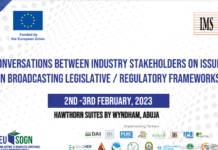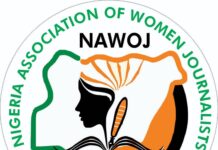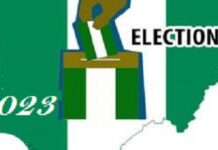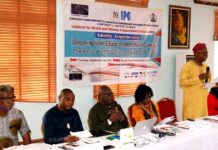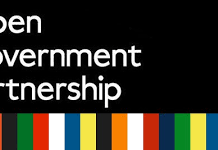We, the participants in the Seminar on Building Community Radio Broadcasting in Nigeria, held in Bauchi, north-east Nigeria, wish to recognize and appreciate the positive and historic role of Panos Institute West Africa (PIWA), World Association of Radio Broadcasters – Africa Region (AMARC – Africa) and Institute for Community Media and Society (IMS) Nigeria, in organizing the three-day programme.
The seminar has sensitized us to the relevance and urgency of the emergence of community radio in Nigeria, and demonstrated the roles of community broadcasting in the democratic process, which include:
broadening of the democratic space
promoting and entrenching an enduring democratic culture of peace, tolerance, transparency and accountability
ensuring grassroots empowerment through increase in the level of political consciousness providing a platform that guarantees increased popular participation in governance by the people.
CONVINCED of the urgent necessity for the government and other stakeholders to provide an enabling environment for community radio broadcasting in the country, we recommend as follows:
To Government:
The relevant sections of the 1999 Constitution of the Federal Republic of Nigeria, the National Mass Communication Policy of 1990, the National Broadcasting Commission Act No 38 0f 1992 (as amended) and other relevant legislations should be transparently reviewed and in consultation with community radio broadcasting stakeholders to accommodate the globally accepted democratic principles of broadcasting and to categorically and explicitly recognize the three distinct tiers of broadcasting, namely: public, private (commercial) and community.
The Nigeria Broadcasting Code and other related regulatory instruments should recognize the specific training needs of community radio operators, especially in the management, programming and technical areas
Relevant legislations should be reviewed to empower the National Broadcasting Commission (NBC) as the sole collector of broadcast set (TV, Radio) taxes, 60% of which should be ploughed back to the industry for its sustenance and the remaining 40% retained by the commission for its operations.
To Civil Society:
Civil Society Organizations should design and implement an aggressive advocacy campaign programme in their communities and at local, state and national levels in order to generate widespread understanding and support for community broadcasting across the country
A network of Civil Society Organizations (CSOs) should be formed to provide a common platform for the articulation of stakeholders’ interest on community radio broadcasting.
To All Community Radio Stakeholders:
To ensure the sustainability of community radio broadcasting, its technology should be simple and affordable, its ownership communal, its personnel internally and externally generated and its financial resources supported by contributions from civil society organizations, governments, donor agencies, businesses, and individuals from within and outside the community.
Dated in Bauchi, Nigeria, this 29th day of January 2004.


